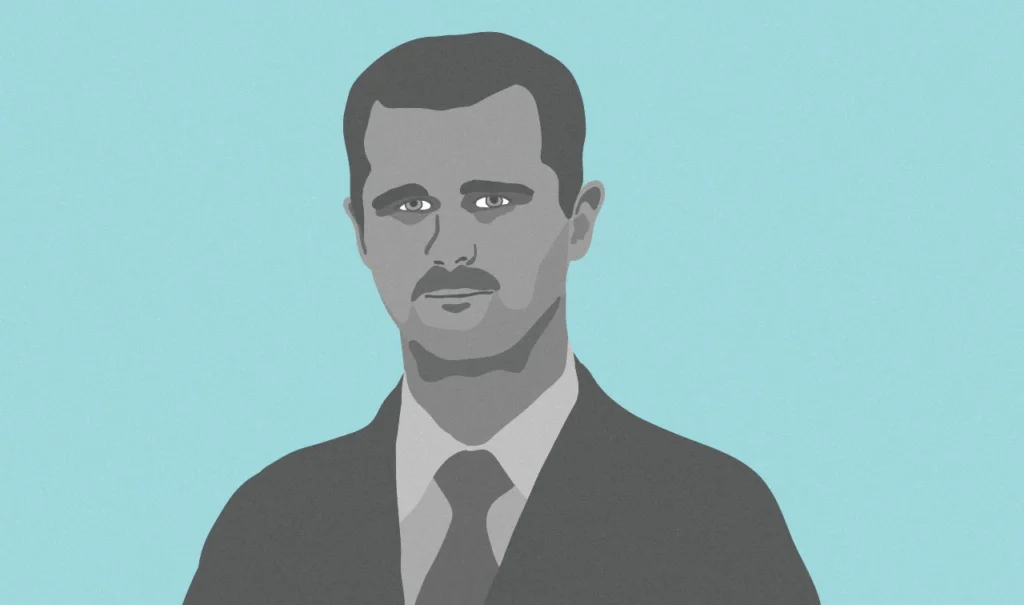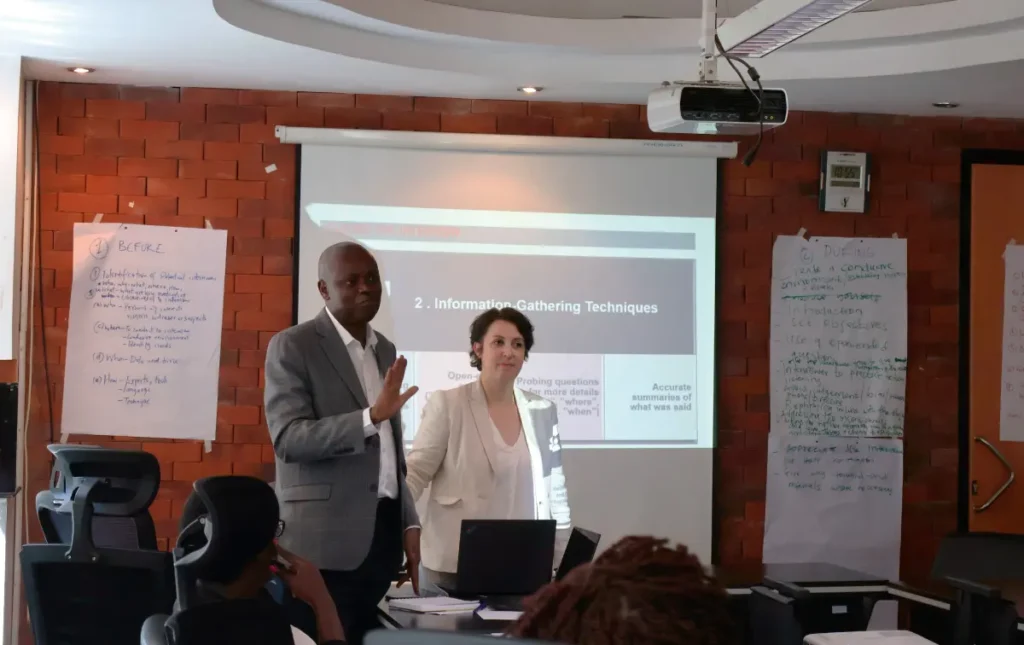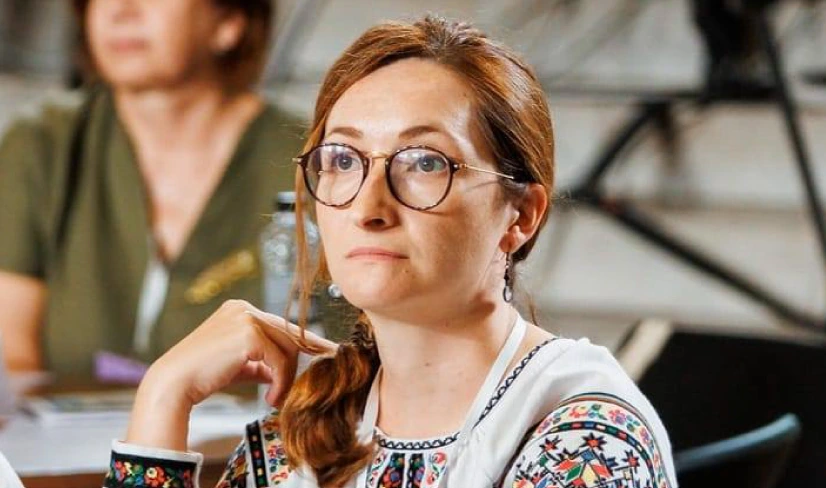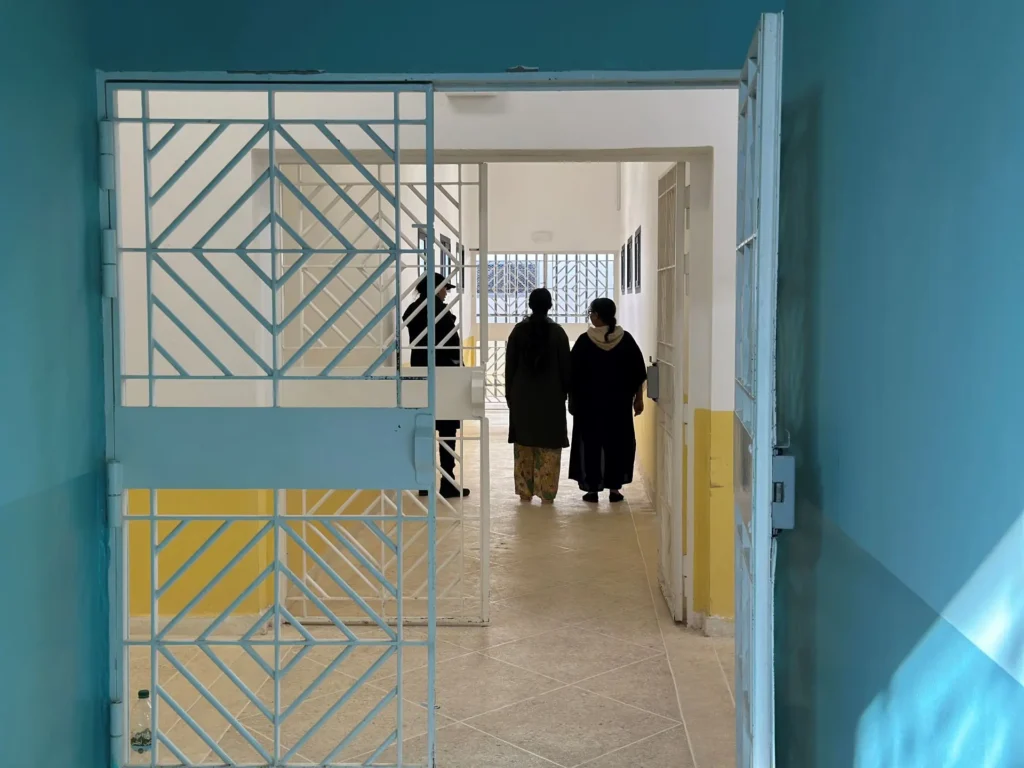What specific charges are being levelled against al-Assad and the other individuals in the arrest warrants?
On 14 November 2023, French investigative judges issued an arrest warrant for Syrian President Bashar al-Assad. He is accused of complicity in crimes against humanity and war crimes for the chemical attacks perpetrated in August 2013 against residents of eastern Ghouta and the town of Douma, which killed more than 1000 people.
Three other individuals were also targeted: his brother, Maher Al-Assad, de facto head of the regime’s 4th Armoured division, and two generals, Ghassan Abbas, director of ‘Branch 450’ of the Center for Scientific Studies and Research (SSRC), and Bassam Al-Hassan, presidential adviser for strategic affairs and liaison officer between the presidential palace and the SSRC.
Do we know anything about the evidence behind these arrest warrants?
According to the Syrian Center for Media and Freedom of Expression (SCM), the complaint contained testimonies from victims, analysis of the Syrian army’s chain of command, the Syrian government’s chemical weapons program, and hundreds of documentary evidence, including declassified intelligence reports, open-source information, photos and videos. Several victims, who were present in the aftermath of the attacks, such as doctors, also testified.
How does the principle of universal jurisdiction apply to this case?
Universal jurisdiction allows a country to prosecute individuals for serious crimes, such as war crimes or crimes against humanity, irrespective of where the crimes were committed or the nationality of the perpetrator or victim. In the case of Syria, this means that French courts can potentially try individuals accused of such crimes, even if they were committed outside of France.
The investigation into the chemical attacks has been conducted in France under the principle of universal jurisdiction. It followed a complaint filed in 2021 by the Syrian Centre for Media and Freedom of Expression (SCM) and Syrian victims, supported by the Open Society Justice Initiative (OSJI) and the Syrian Archive.
What kind of consequences will this have for Bashar al-Assad and the other individuals mentioned in the arrest warrants?
Consequences for Bashar al-Assad and the other senior officials could include their arrest if they were to travel to a country that would agree to apprehend and extradite them. It could also significantly impact their ability to travel internationally, as has already been the case. Although Bashar al-Assad was invited to the 2023 United Nations Climate Change Conference (COP28) in Dubai on 30 November, he decided not to attend. France and the United Arab Emirates (UAE) have signed an extradition agreement, which means that if he had chosen to attend, the French authorities could have requested his extradition.
Considering the challenges in prosecuting high-ranking officials on charges of crimes against humanity and war crimes, in your view how realistic is a conviction of Bashar al-Assad and the other senior officials?
The arrest warrants issued are pushing the boundaries of the French legal framework, particularly concerning the criteria for universal jurisdiction and the concept of immunity.
For French courts to invoke universal jurisdiction, the law requires that the accused individuals have their habitual residence in France. Presently, it remains uncertain whether this condition is met by all four senior officials named in the warrants.
As Bashar al-Assad is a head of state, the issue of immunity is also likely to be raised. The warrants might be challenged on the grounds that sitting presidents enjoy immunity. This marks uncharted territory as it represents the first-ever arrest warrant issued against a sitting head of state by a court from another country.
In addition, securing convictions against high-ranking officials can be challenging. These challenges include the complexities of gathering evidence, and navigating diplomatic and legal obstacles. While it remains an uphill battle, progress in the pursuit of justice for international crimes continues to be made, albeit at a slow pace.
Finally, it is worth noting that in 2018, French judges issued arrest warrants against three high-ranking Syrian regime officials—Ali Mamlouk, Jamil Hassan, and Abdel Salam Mahmoud—accused of complicity in crimes against humanity and war crimes, including enforced disappearance, torture, and the murder of dual Syrian-French nationals, Mazen and Patrick Dabbagh. These individuals will be tried in absentia.
Are there alternative avenues available for the victims of the chemical attacks to pursue justice?
The avenues for Syrian victims seeking justice remain very limited. With no foreseeable prospects for domestic prosecutions and Syria’s lack of ratification of the Rome Statute of the International Criminal Court, the pursuit of justice has largely relied on third-party states invoking universal jurisdiction.
For example, in a parallel effort to the complaint in France, similar criminal complaints were lodged in Germany in 2020 and in Sweden in 2021. Shortly after, the Swedish authorities initiated two investigations regarding chemical attacks in Idlib province in 2017 and Ghouta in 2013.
More recently, a coalition comprising Syrian organizations, international experts, and individuals called on States to create an Exceptional Chemical Weapons Tribunal. This proposed treaty-based court aims to prosecute the use of illegal chemical weapons during the war in Syria. After two years of negotiations with States, the next crucial step involves drafting the treaty necessary to establish the tribunal.




